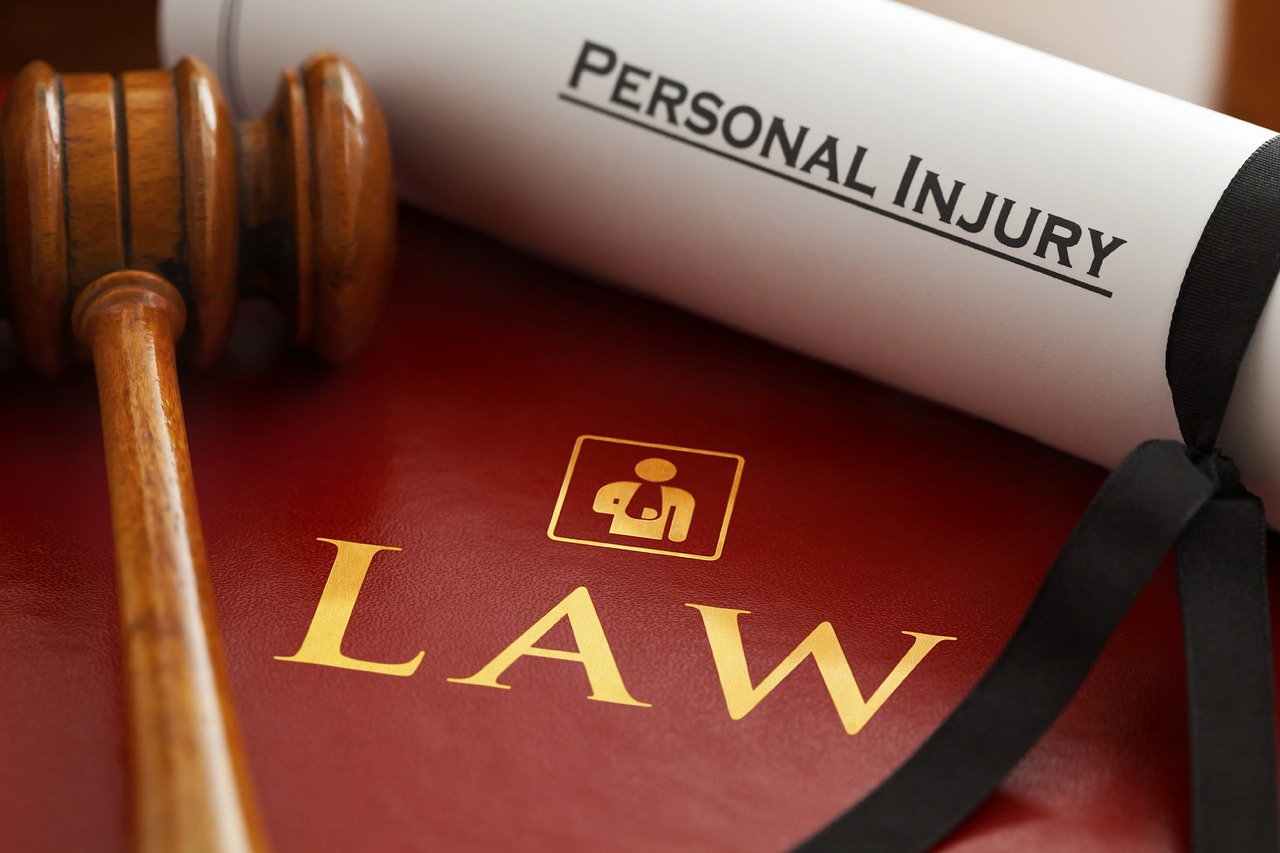Tips for Navigating Personal Injury Claims in the Age of Social Media

Social media has a big impact on how we interact and exchange information in our everyday lives. Any green bay car accident lawyer can explain how what you post online can significantly impact your case, often in unexpected ways. Insurance agencies and defense attorneys frequently monitor social media profiles to find evidence that can be used to challenge or diminish the value of a claim. Therefore, it is essential to know how to navigate personal injury claims in the age of social media to protect your interests and strengthen your case.
Be Cautious About What You Post
 One of the most crucial tips for navigating a personal injury claim is to be extremely cautious about what you post on social media. Even seemingly innocent posts, such as a picture of you at a family gathering or a status update about your day, can be misconstrued or taken out of context. For example, if you claim to have a severe back injury but post a photo of yourself at a sporting event or engaging in physical activity, the opposing side could use this as evidence to dispute the seriousness of your injury. The safest approach is to avoid posting anything about your injury, medical treatment, or activities while your claim is pending.
One of the most crucial tips for navigating a personal injury claim is to be extremely cautious about what you post on social media. Even seemingly innocent posts, such as a picture of you at a family gathering or a status update about your day, can be misconstrued or taken out of context. For example, if you claim to have a severe back injury but post a photo of yourself at a sporting event or engaging in physical activity, the opposing side could use this as evidence to dispute the seriousness of your injury. The safest approach is to avoid posting anything about your injury, medical treatment, or activities while your claim is pending.
Adjust Your Privacy Settings
While social media privacy settings are not foolproof, adjusting them can add more protection to your online presence. Ensure your profiles are private so that only your trusted friends and family can see your posts. This may limit the ability of insurance adjusters or defense attorneys to access your content. However, remember that even with private settings, there is still a risk that someone in your network could share your posts or screenshots with others. Some legal processes also allow opposing parties to request access to your social media accounts, so always be mindful of what you share.
Avoid Discussing Your Case Online
It’s tempting to share your experiences or seek support from your social media network, especially during a challenging time. However, discussing the details of your personal injury claim online is risky and can harm your case. Statements about the accident, injuries, medical treatment, or feelings about the case can all be used against you. Insurance companies and defense attorneys may look for inconsistencies between your statements online and the information provided in your claim. To avoid potential pitfalls, do not post any details about your accident, ongoing case, or legal strategy on any social media platform.
Understand the Legal Implications of Social Media Evidence
 Social media evidence is increasingly being used in court cases, including personal injury claims. Courts have recognized social media posts as admissible evidence, and insurance companies or opposing counsel may use your posts to undermine your case. This evidence can include photos, videos, comments, status updates, and even location check-ins. It’s essential to understand that anything you post can be used against you, and deleting posts after the fact could be seen as tampering with evidence. The best strategy is to limit your social media activity and refrain from posting anything that could be interpreted negatively by the opposing side.
Social media evidence is increasingly being used in court cases, including personal injury claims. Courts have recognized social media posts as admissible evidence, and insurance companies or opposing counsel may use your posts to undermine your case. This evidence can include photos, videos, comments, status updates, and even location check-ins. It’s essential to understand that anything you post can be used against you, and deleting posts after the fact could be seen as tampering with evidence. The best strategy is to limit your social media activity and refrain from posting anything that could be interpreted negatively by the opposing side.
Work With Your Lawyer to Develop a Social Media Strategy
A personal injury lawyer can help you develop a smart strategy for managing your social media presence while your case is ongoing. Inform your lawyer about your online activity, and seek their advice on what you should and shouldn’t post. They can guide you on your social media behavior’s potential risks and legal implications. Your lawyer may also recommend temporarily deactivating your accounts or limiting your online interactions to minimize the chances of harmful information being used against you. Working closely with your lawyer ensures that your online presence does not inadvertently compromise your claim.
Conclusion
Navigating personal injury claims in the age of social media requires careful consideration of your online activity. By being mindful of your social media behavior, you can avoid potential pitfalls and ensure that your online presence does not negatively impact your claim, ultimately increasing your chances of receiving fair compensation for your injuries.…


 One of the most important things to consider when choosing a lawyer is their experience and expertise. It is important to choose a
One of the most important things to consider when choosing a lawyer is their experience and expertise. It is important to choose a  Finally, you will need to consider fees and payment structure. Lawyers typically charge by the hour, so be sure to ask about this upfront. It would be best if you also inquired about any other fees associated with the case, such as filing fees or expert witness fees.
Finally, you will need to consider fees and payment structure. Lawyers typically charge by the hour, so be sure to ask about this upfront. It would be best if you also inquired about any other fees associated with the case, such as filing fees or expert witness fees.
